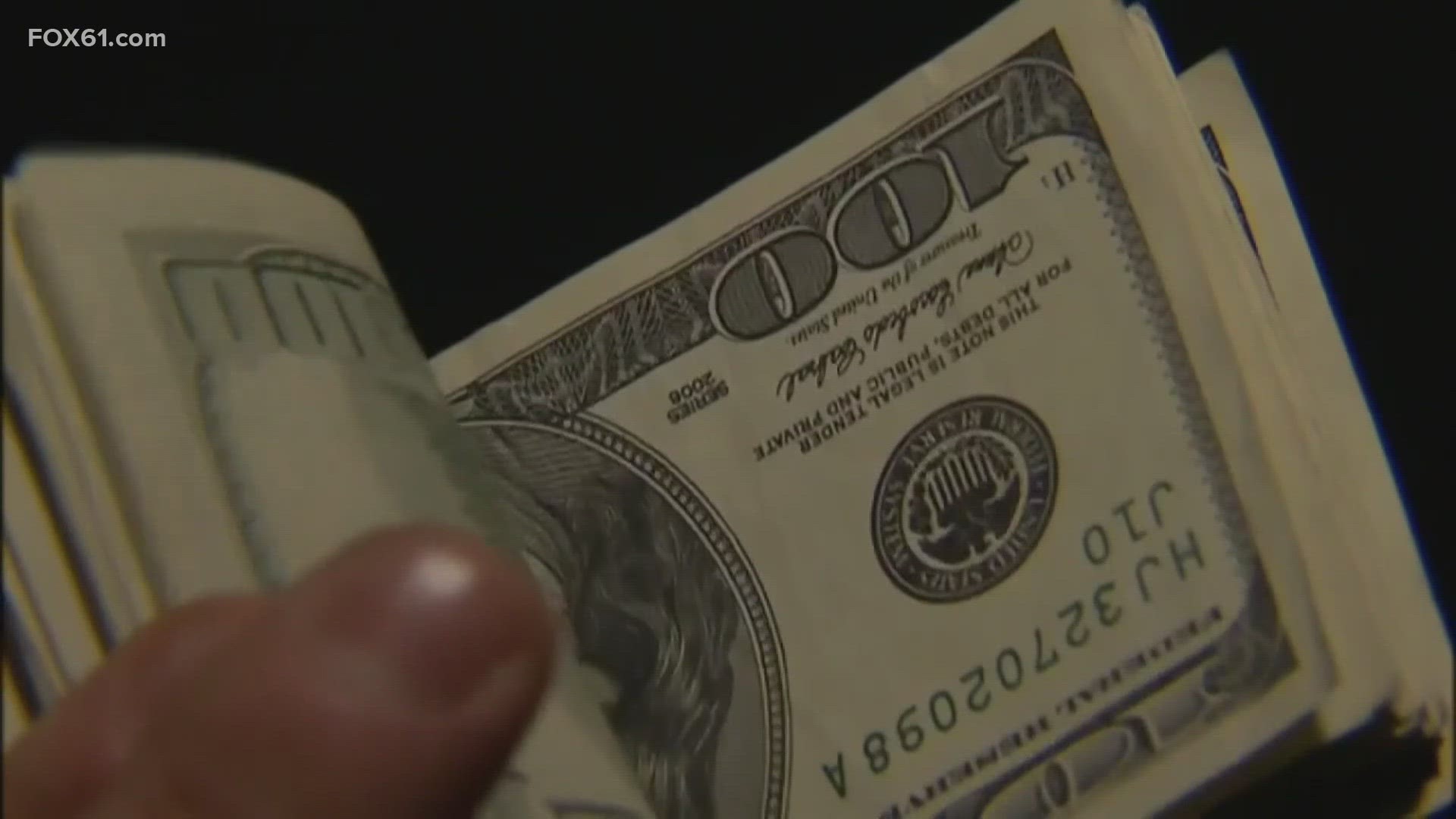HARTFORD, Conn. — It's that time of the year again. Connecticut's 23rd annual Tax-Free Week is running Sunday, Aug. 20 through Saturday, Aug. 26.
The state of Connecticut has guidelines on which items qualify for tax exemption.
“This tax-free holiday is scheduled at the perfect time to help families stretch their dollars during the back-to-school season, while also giving businesses an extra boost to their bottom line,” Gov. Ned Lamont said in a statement. “I encourage everyone taking advantage of these savings to shop at some of our state’s locally owned retailers and support Connecticut’s great small business community.”
Here is everything you need to know.
Overview: The state of Connecticut allows tax exclusions for clothing and footwear costing less than $100. The customer must pay in full during the exclusion week (Tax-free week) for the tax exemption to apply. The exclusion applies to each item sold, meaning as long as the individual items are less than $100, they are tax-exempt regardless of them being on the same transaction.
Non-tax exempt items: The exemption applies to most clothing and footwear intended to be worn on or around the body. Some items that don't apply include jewelry, handbags, luggage, umbrellas, wallets, watches and athletic equipment.
Cash Discounts, Coupons, and Rebates: Price reductions that stores offer can be tax-exempt. This includes cash discounts, coupon sales, store sales, and rebates. Tax is calculated on the final sales price of the item after all coupons and other reductions have been applied. So, if the discount brings the price of an item that is over $100 down to under $100, then it becomes tax-exempt.
This also applies to buy-one-get-one-free discounts as long as the total sales price for each item is less than $100. Clothing or footwear under $100 that's bought during tax-free week using a rain check is also not taxable.
Layaway Sales: Layaway sales are eligible for tax exemption as long as the customer puts the under $100 item on layaway during tax-free week. None of the payments made on the item are taxable even if they are made after the exclusion week.
Orders by Mail, Telephone, or Internet: Clothing and footwear costing less than $100 purchased during the exclusion week by mail, phone, or online are tax-exempt. An exception to this is when an item is not currently in stock, the exclusion does not apply unless the customer pays the price in full during the exclusion week.
Custom orders: When purchasing a custom article of clothing or footwear, it will be tax-exempt as long as the full amount is paid within the week timeframe and the price is under $100. Rentals apply in a similar way, as long as the items are purchased during tax-free week.
Shipping and Handling: Usually, tax applies to any charges by the retailer to the purchaser for shipping or delivery. However, no tax is due on shipping and delivery charges in connection with any sale that is not taxable before adding the shipping and delivery charges. If handling charges appear alone on an invoice without shipping charges then it counts towards the sale price of the item sold. Which can make the final price of the item greater than $100, making it taxable.
Rentals: Clothing and footwear rentals has a tax exemption depending on when the customer takes possession of the rental. If the rental is taken during the exclusion week, then it's tax-exempt even if the rental is returned after the exclusion week.
Exchanges and Returns: If a customer buys clothing and footwear under $100 during the exclusion week and chooses to return the item for a similar item, such as a shirt for a shirt, the exchange is not taxable as long as the item is less than $100. The tax exemption would not apply for non-alike items, such as a shirt for pants. Customers won't be able to use a refund or credit from a tax-free purchase to reduce the price of a second item by more than $100. That second item would be taxable.
You can find examples and more information on the State of Connecticut Revenue Services site.
Have a story idea or something on your mind you want to share? We want to hear from you! Email us at newstips@fox61.com
HERE ARE MORE WAYS TO GET FOX61 NEWS
Download the FOX61 News APP
iTunes: Click here to download
Google Play: Click here to download
Stream Live on ROKU: Add the channel from the ROKU store or by searching FOX61.
Steam Live on FIRE TV: Search ‘FOX61’ and click ‘Get’ to download.

